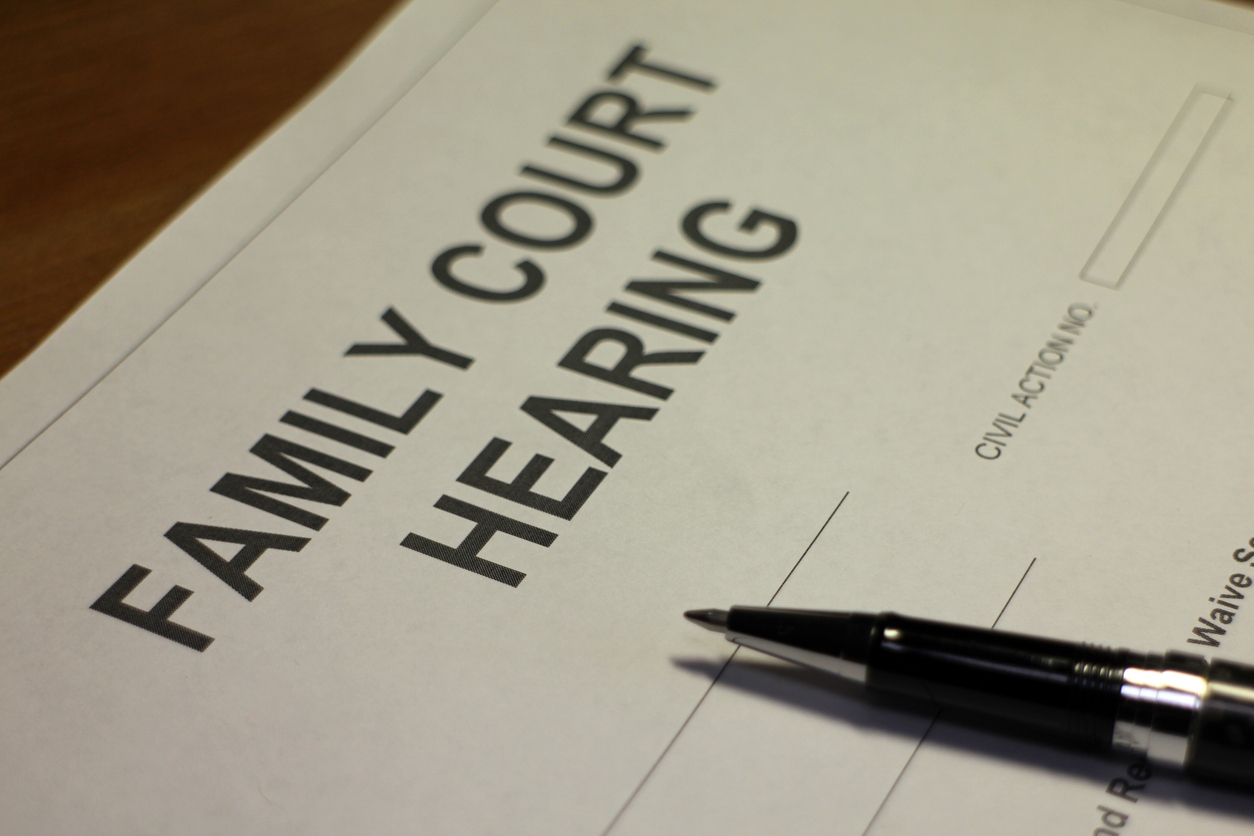
The Reality of the Family Law System: Unfairness or Just Human Nature?
Anyone who has spent time in family court—whether as a litigant, attorney, or observer—has likely come away with the same impression: this feels unfair. And in some cases, it may be. But more often, what clients perceive as unfairness is not the product of corruption or disregard, but rather the reality of a system run by human beings interpreting complicated, emotional issues through the lens of imperfect rules.
One of the most challenging truths about the family law system is that two judges, presented with the same facts, can come to entirely different conclusions. A judge in Department 3 might view a parent’s protective instincts as reasonable, while the judge down the hall in Department 8 might see the same behavior as obstructive or controlling. Both judges are trained, licensed, and committed to the rule of law—but they’re also human. And being human means bringing a lifetime of experiences, perceptions, and yes—biases—into the courtroom.
While judges must be neutral and unbiased, being trained to be impartial is not the same as being free of bias. Judges don’t live in a vacuum. They have past experiences, instincts, personal philosophies, and thresholds for credibility or risk. In family law—where cases revolve around parenting, safety, support, and trust—these intangible factors can significantly influence outcomes.
This variability is deeply frustrating for clients. They reasonably expect that the law should be applied uniformly. But family law is often more art than science. There are broad legal standards—best interest of the child, marital standard of living, reasonable efforts at reunification—but very few absolute rules. That leaves much to the bench officer’s discretion, which means variability.
For clients, this often translates into a sense of instability or helplessness. How can one judge, understand, and protect one’s experience while others might not believe you? The answer, unfortunately, lies in the structural DNA of the system: family law is deeply discretionary and highly fact-specific. That means even small details—or subtle shifts in presentation—can tip the scales.
So what do we do with this reality?
First, we acknowledge it. Pretending that every courtroom experience will be consistent or that the law is consistently applied equally sets up unrealistic expectations. Second, we prepare carefully in a system where credibility, clarity, and tone matter as much as content; how a case is presented can have a significant impact. Third, and most importantly, we advise clients with strategy and humility—choosing our battles wisely, avoiding unnecessary litigation, and staying grounded in what the system can (and cannot) deliver.
Is the family court system perfect? Far from it. But understanding its limitations is the first step toward navigating it effectively—and perhaps even finding peace within it.










